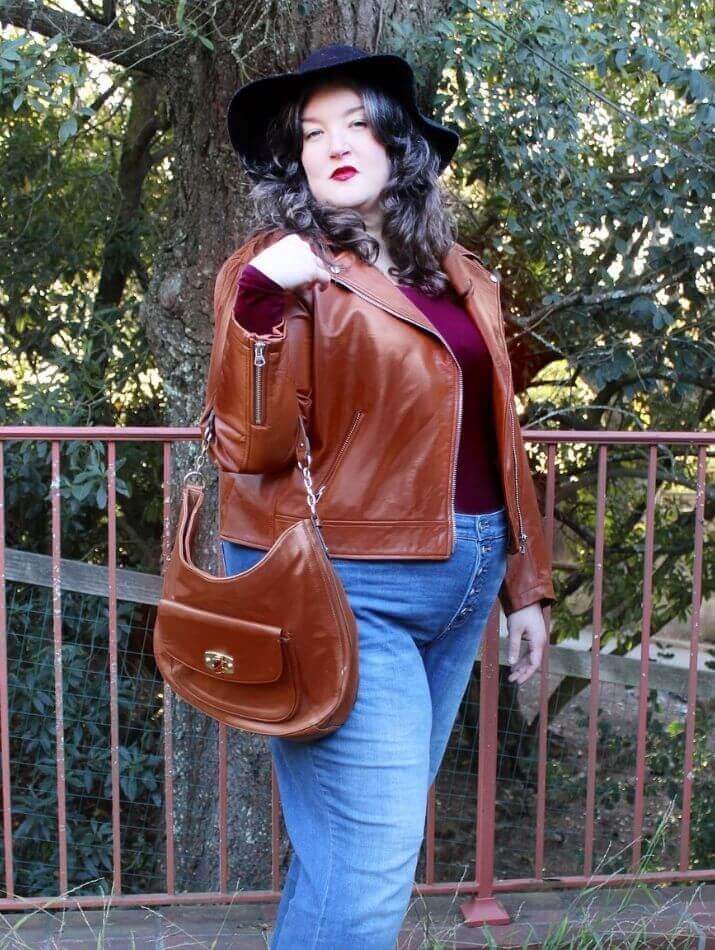
When we think of floral prints, fringes, and artistic vibes - we think Boho or Bohemian style clothing. But when people call this style gypsy or hippie - is that then cultural appropriation at play? To understand this further we must first explore where bohemian comes from. As we dive deeper into the roots of where Boho fashion inspiration comes from, we can respect not only the style, but the culture it represents. We can also then properly acknowledge the relaxed and liberated lifestyle it signifies.
Bohemian fashion is a style that represents, at its core, freedom of expression, transcending limitations of size, and gender from womens plus size boho dresses to unisex apparel.
Words that are sometimes used to describe boho fashion might sometimes go against the very values that it represents. So it's imperative that we build our knowledge of the style, that way we can avoid cultural appropriation. But how can we avoid something unless we know what it means?
What is Cultural Appropriation?
Cultural Appropriation is when elements of a non-dominant culture are used in a way that reinforces stereotypes or oppression, without in reality respecting the original meaning or their source. It also includes unauthorized use of parts of their culture without permission. Cultural appropriation is a multi-layered and nuanced phenomenon with no strict boundaries. What could be a simple lack of knowledge, sometimes comes across as offensive or racist. In a global community, it is but natural to blend and merge aspects of different cultures. In fact, many wonderful creations and inventions have been a result of cultures merging together. However, the line is drawn when a dominant culture uses aspects of a non-dominant culture in a way that is exploitative of the non-dominant culture. You might ask, how does this relate to the boho chic fashion trend? Let’s take a walk down memory lane to see how some of the semantics associated with the boho chic fashion trend might be on the verge of cultural appropriation.
Association Of The Bohemian Style With A Gypsy Lifestyle
The term ‘bohemian’ was first used by the French as a derogatory remark to describe the Romani nomadic communities that reached France around the 15th century. Although that is the origin of the term, what we now know as ‘bohemianism’ from a design perspective emerged from early 19th century France, when artists moved into the lower-rent Romani areas of Paris, in order to seek alternatives to the society's existing expectations. There was a convergence of cultures that gave rise to a vagabond lifestyle, with people searching for a creative way of life different from the contemporary ideals of beauty. It later transformed into a romanticized lifestyle, idealized as free-spirited, full of freedom, travel, and magic. In reality, the lifestyle of the Romani people was much different. They were marginalized, discriminated against, and forced to flee. The attributes of a nomadic lifestyle weren't always by choice. Calling them or their culture gypsy could, therefore, be considered a racial slur invoking harmful stereotypes against them.
Its lack of support for the minorities it inherently represents is also another reason why boho fashion is more likely to be cultural appropriation. Fast fashion boho elements are usually imported by western countries at very low prices from developing countries. So, even though we draw inspiration from them, they don't actually benefit from it.
Avoiding Cultural Appropriation While Embracing Boho Fashion
To celebrate the artistic sensibility of the boho fashion all that is required is an empathic understanding of the people it represents. Instead of using different labels or racial slurs, with a conscious expression of our thoughts, we can appreciate the cultural mixing that gives rise to this free-spirited and aesthetic style. Bohemian design today is about incorporating different philosophies, parts of the worlds and ways of life. By its very nature, it is more inclusive than it is exclusive. Boho chic fashion is as eclectic and diverse as the people who inspire it.